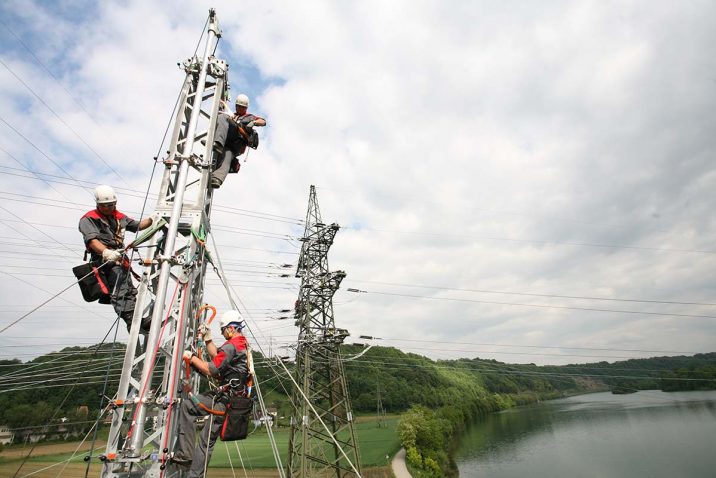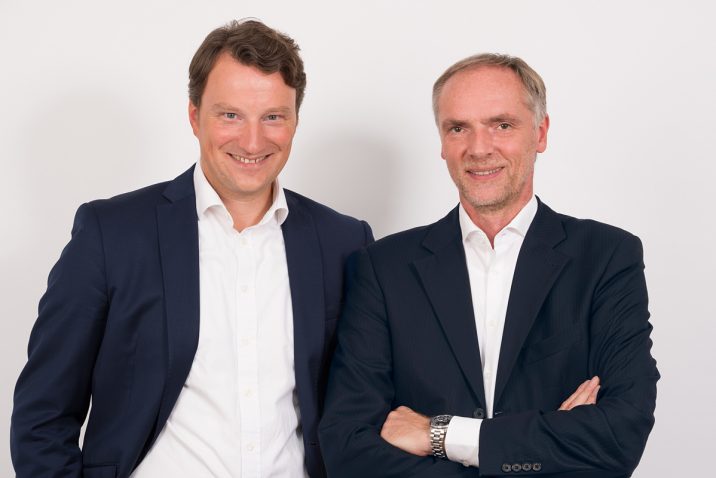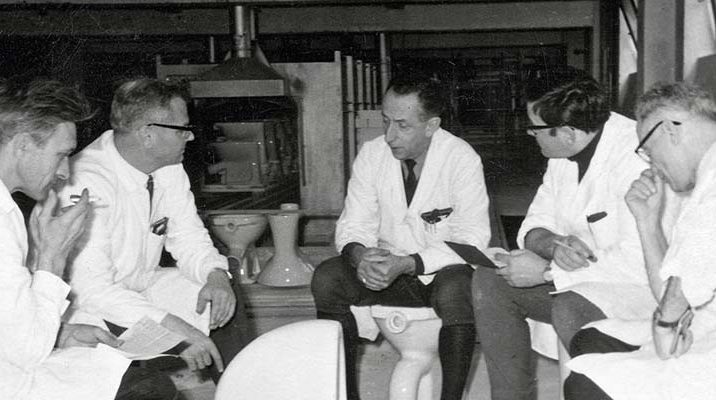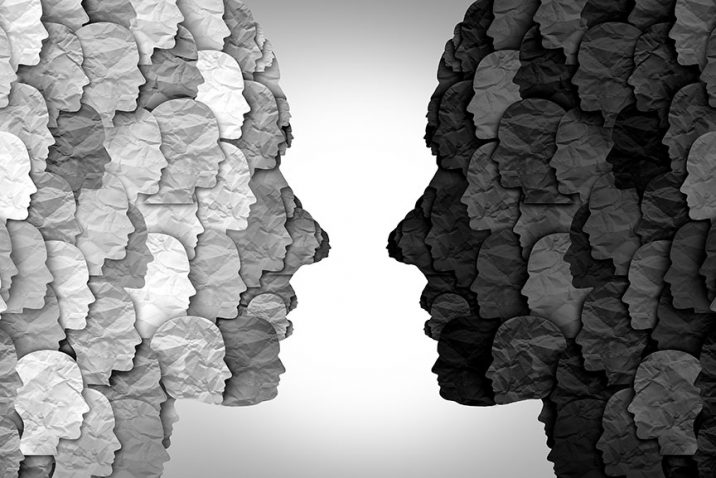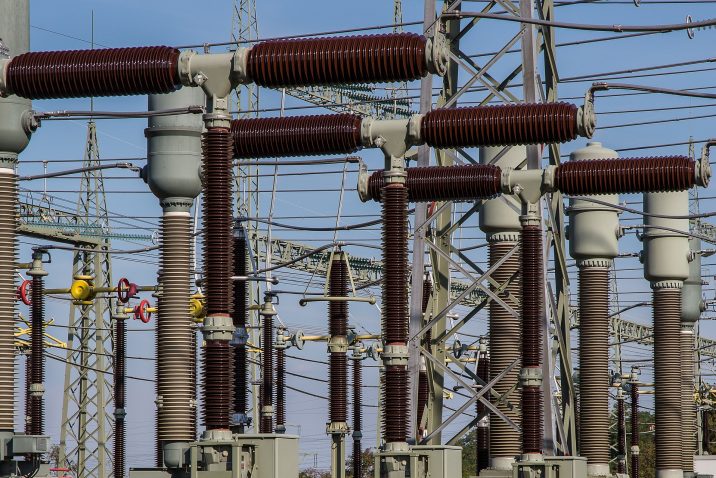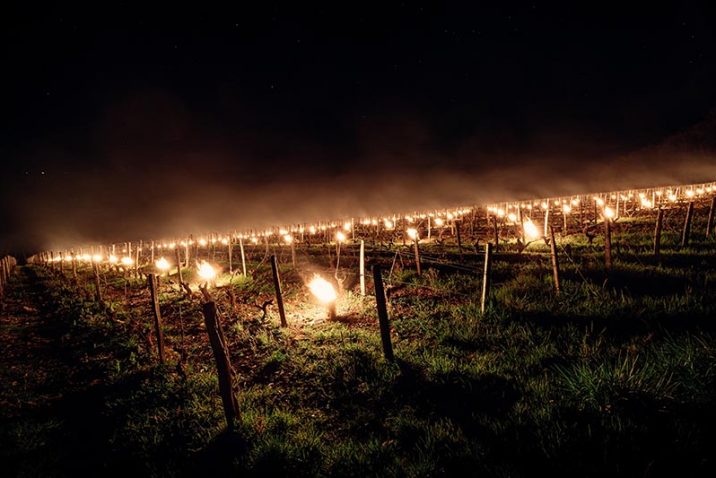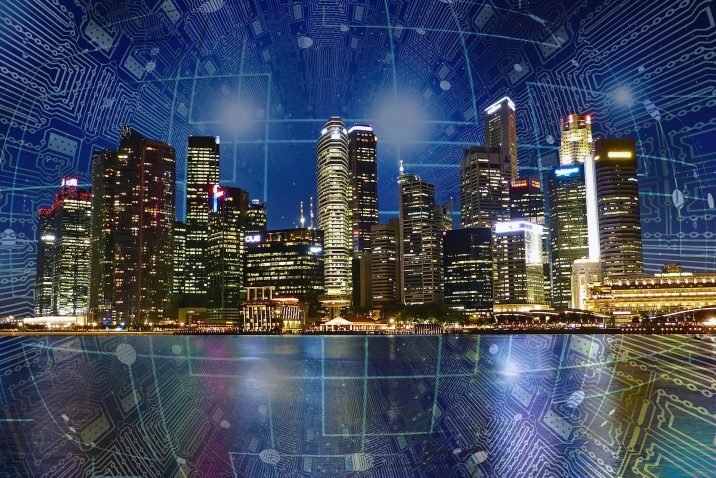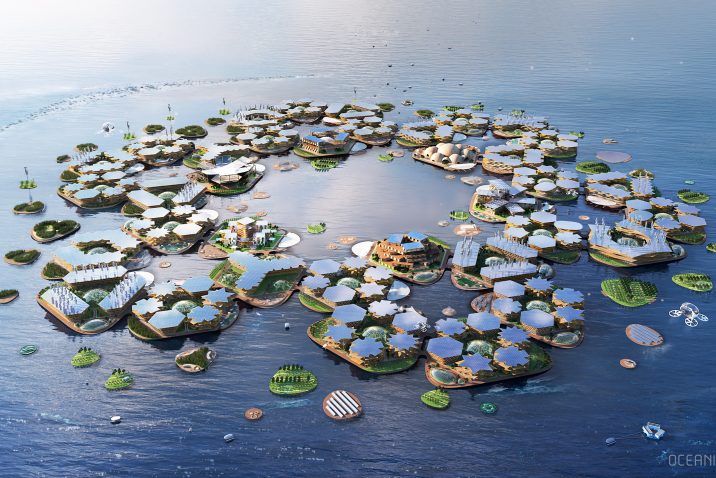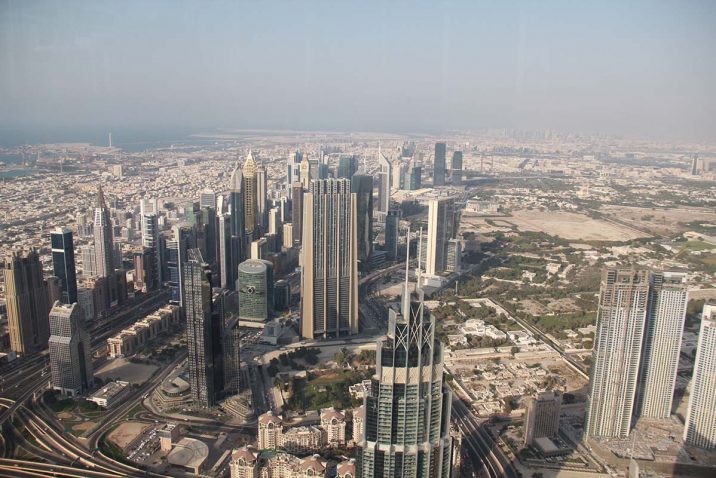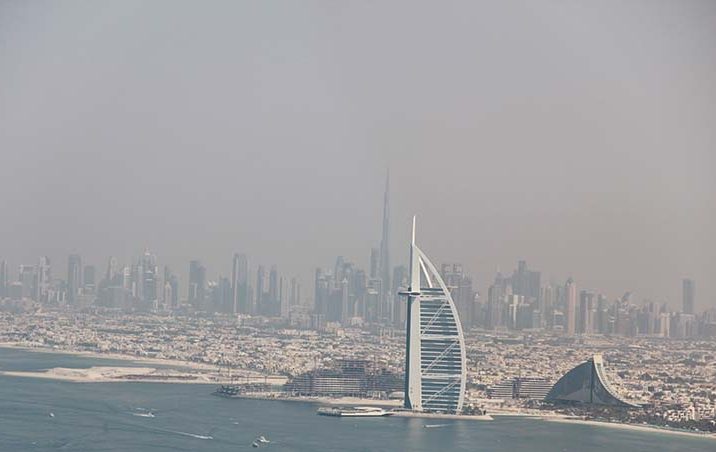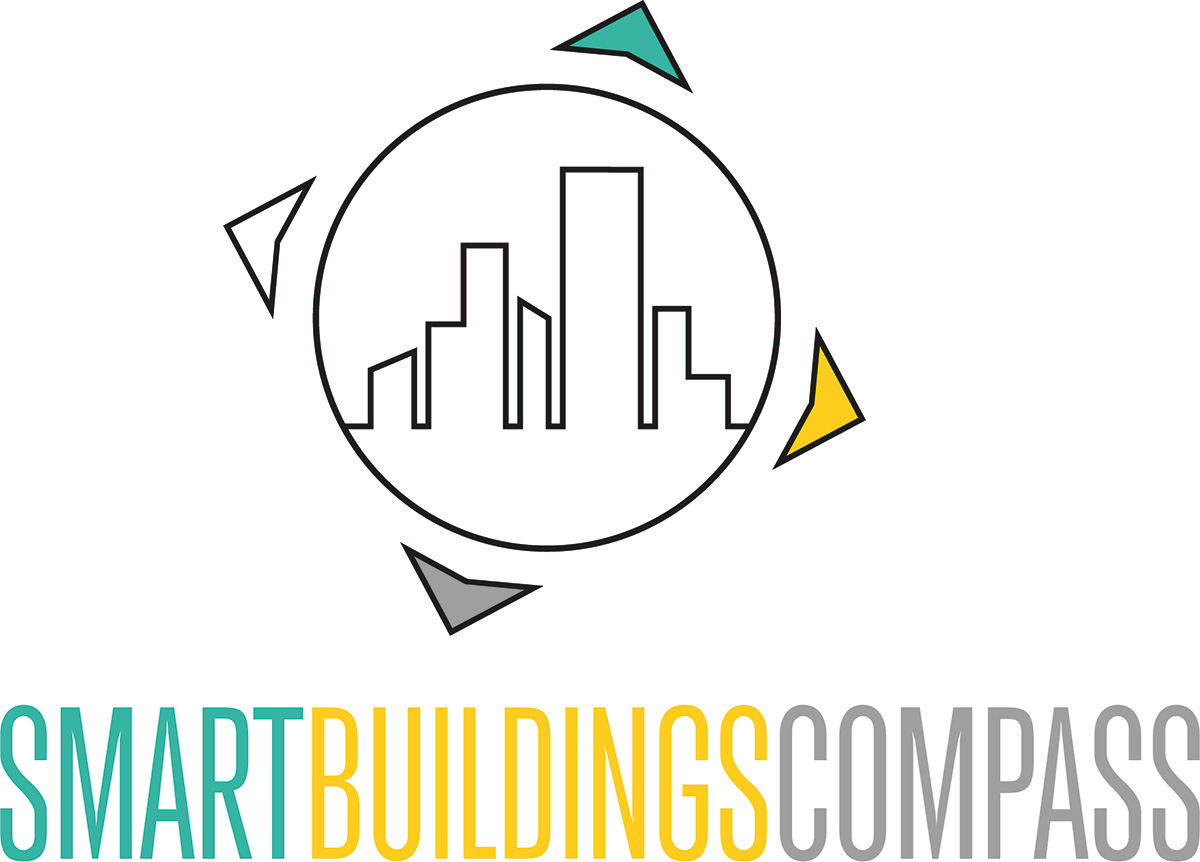Austria was the first EU member state to present an integrated network infrastructure plan - ÖNIP for short. What it promises - an analysis by Anja Herberth.
Extreme weather and flooding are on the rise. Susanne Karr talks to Düsseldorf architect Jan Hinnerk Meyer about his concept for a flood competence center and what needs to be done now.
Laufen's ceramic kiln was fired with gas for four decades. This is now over: After four years of development, the Gmunden production facility is being converted to an electric tunnel kiln.
Ideologies are guiding principles that have become outdated and are in urgent need of an overhaul. Especially in a time of high dynamics and uncertainty, politics is increasingly becoming a pure game of strategy: If you move, you lose.
In addition to the strong role of global supply chains, the pursuit of independence has become increasingly important. We will increasingly produce energy locally. The circular economy also strengthens independence and the local economy.
Artificial intelligence's ability to process large amounts of data, learn from patterns and make predictions opens up new opportunities - not only - in the energy transition.
Soon, the concept of floating cities on the open ocean could become reality - prototypes for futuristic-looking floating cities are taking more and more concrete shape.
Almost 3/4 of the earth is covered with water. Floating cities could be the solution to making our way of life more sustainable and resilient.
Over the past 5 decades, the Emirates grew to become the fourth largest economy in the Middle East. As a desert state, the federation is dependent on products and know-how from abroad.
The Arab Emirates hold almost 10% of the world's oil reserves. Due to global decarbonization, the emirates have to reinvent themselves.
